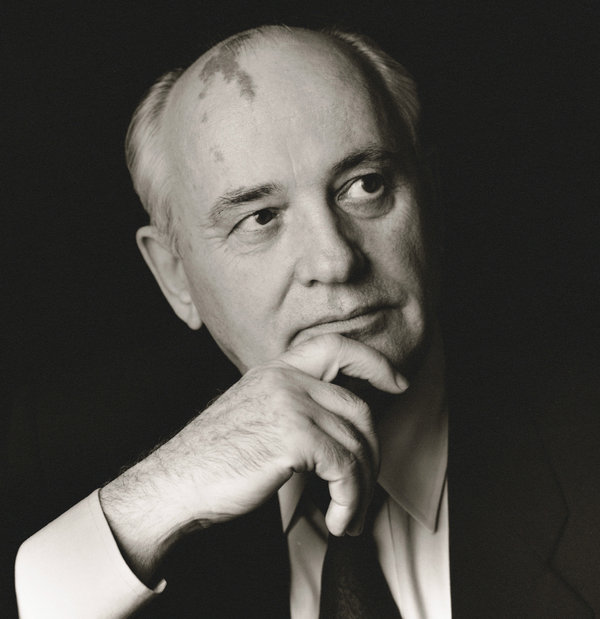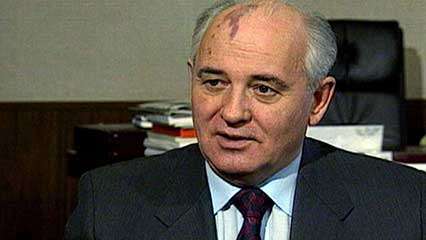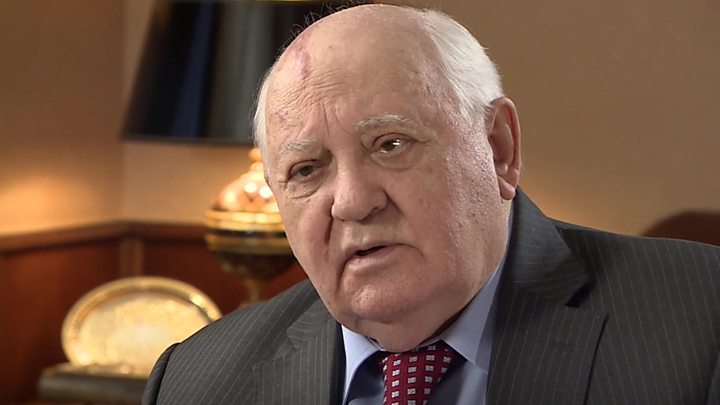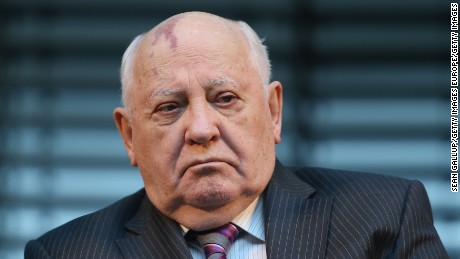
Gorbachev, Mikhail [(mi-khah-eel gawr-buh-chawf, gawr-buh-chawf)]
The last president of the Soviet Union, Gorbachev came to power in 1985. Although a committed communist, he sought to revive the ailing Soviet economy by introducing some elements of capitalist competition (a policy he called perestroika, or “restructuring”) and to encourage free expression by a policy of glasnost. Perestroika failed to stimulate the economy, while glasnost spurred popular criticism of communism itself and the surfacing of long-repressed nationalism in the republics that composed the Soviet Union. In 1991 hard-line communists, many of them Gorbachev’s appointees, staged a coup d’état against him. Boris Yeltsin, president of the Russian republic, rallied opposition against the coup, which also faced international criticism and aroused only lukewarm support in the Soviet military. The coup quickly collapsed and Gorbachev returned to the presidency, but with such weakened prestige that he was unable to prevent the dissolution of the Soviet Union and the collapse of communism.
The New Dictionary of Cultural Literacy, Third Edition Copyright © 2005 by Houghton Mifflin Harcourt Publishing Company. Published by Houghton Mifflin Harcourt Publishing Company. All rights reserved.
 Liberal Dictionary English Dictionary
Liberal Dictionary English Dictionary


